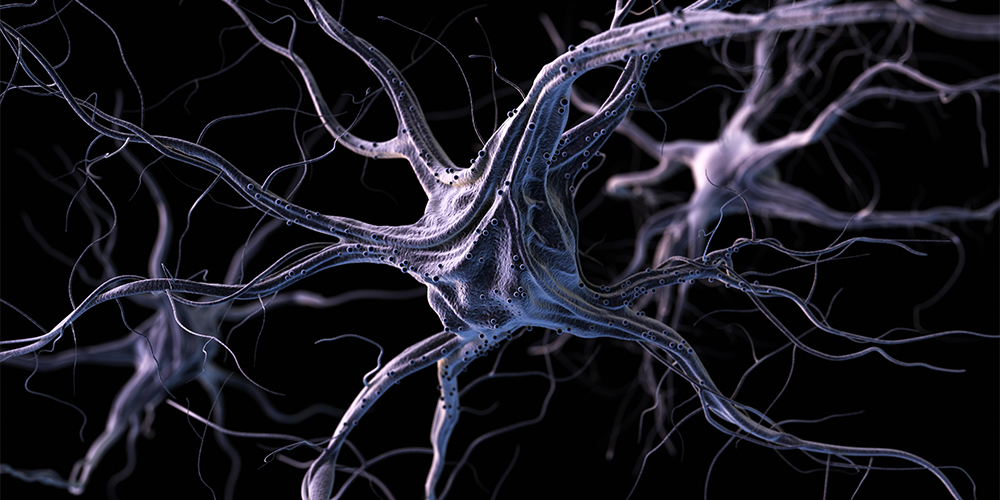Georgetown Offers Multiple Clinical Trials for People with Lewy Body Dementia

Posted in News Release | Tagged biomedical research, clinical trials, Lewy body dementia, movement disorders, Translational Neurotherapeutics Program
Patient Information:
Joy Arellano
mja6@gunet.georgetown.edu
WASHINGTON (October 8, 2019) — Georgetown University Medical Center, a Lewy Body Dementia (LBD) Association Research Center of Excellence, is now offering three clinical trials to study new treatments for LBD, a disease often confused with Parkinson’s and Alzheimer’s disease.
Lewy body dementia has similar symptoms to both Parkinson’s and Alzheimer’s diseases — some people experience movement symptoms, including tremor, rigidity and difficulty balancing, while in others, cognitive problems are more prominent.
Media Only:
Karen Teber
km463@georgetown.edu
“Lewy body disease is probably just as prevalent as Parkinson’s,” says Fernando Pagan, MD (M’96), professor and vice chair of neurology at Georgetown University School of Medicine and director of the MedStar Georgetown University Hospital Movement Disorders Clinic.
While there is no approved treatment for Lewy body dementia that can halt or change the course of disease, there are treatments for symptoms. However, Pagan says diagnosing patients who have the disease can be challenging and time-consuming.
“You have to be more like a detective and really evaluate the patient as a whole entire individual, and by the end of your hour, hour and a half with that patient, it becomes evident that they’re having not only motor aspects, but non-motor aspects with cognitive problems and maybe even hallucinations,” Pagan said. “If you just spend five minutes with a patient, it’s very easy to miss that diagnosis.”
Pagan adds that only through clinical studies will treatments for LBD be discovered.
With laboratory, biomarkers and clinical expertise in neurodegenerative diseases, including Lewy body dementia as well as Parkinson’s, Alzheimer’s and Huntington’s diseases, researchers at Georgetown are in a unique position to conduct translational research, identifying drugs that can be repurposed or new agents in the lab that can then be tested in patients.
The translational research is led by Charbel Moussa, MBBS, PhD, director of the Laboratory for Dementia and Parkinsonism, and scientific and clinical research director of the Translational Neurotherapeutics Program at Georgetown University Medical Center.
“Nilotinib, bosutinib and K0706 — three agents we’re investigating — belong to the same family of drugs called tyrosine kinase inhibitors. We hypothesize that these drugs may work via degradation of toxic proteins and elevation of a brain chemical called dopamine that is largely responsible for the motor, cognitive and behavioral functions that may be affected in Lewy body dementia,” explains Moussa. “Our Translational Neurotherapeutics Program launched these studies to examine evidence about their safety, tolerability and disease-related biomarkers, including toxic proteins and dopamine.” Other exploratory clinical outcomes may inform future clinical studies.
For the last decade, Moussa and his colleagues have investigated repurposing cancer drugs such as nilotinib and bosutinib as potential neurotherapeutics. Both are approved by the U.S. Food and Drug Administration to treat forms of leukemia. K0706 is an investigational agent being studied in Parkinson’s disease and leukemia.
“The first clinical step in investigating drugs in Lewy body dementia is to carefully examine if the drug is safe and if it is tolerable,” says Pagan, principal investigator of the new studies and medical director for the Translational Neurotherapeutics Program.
Those interested in participating in the studies will be screened at the Georgetown University Clinical Research Unit. For more information about Lewy body dementia clinical trials, contact Joy Arellano at mja6@gunet.georgetown.edu. Additional information can be found at clinicaltrials.gov.
Nilotinib, bosutinib and K0706 (now named SSC-138) are Georgetown University-sponsored trials conducted under separate INDs and are supported by grants to Moussa by the National Institutes of Health, the Alzheimer’s Association and SPARC grants, respectively. Moussa has received consulting fees from SPARC.
Georgetown University has granted patents in the U.S. and Australia and certain pending patent applications in the U.S. and other foreign jurisdictions directed to the use of tyrosine kinase inhibitors for the treatment of neurodegenerative diseases. Moussa, a co-investigator on the studies included above, is named as the inventor on the patent.
